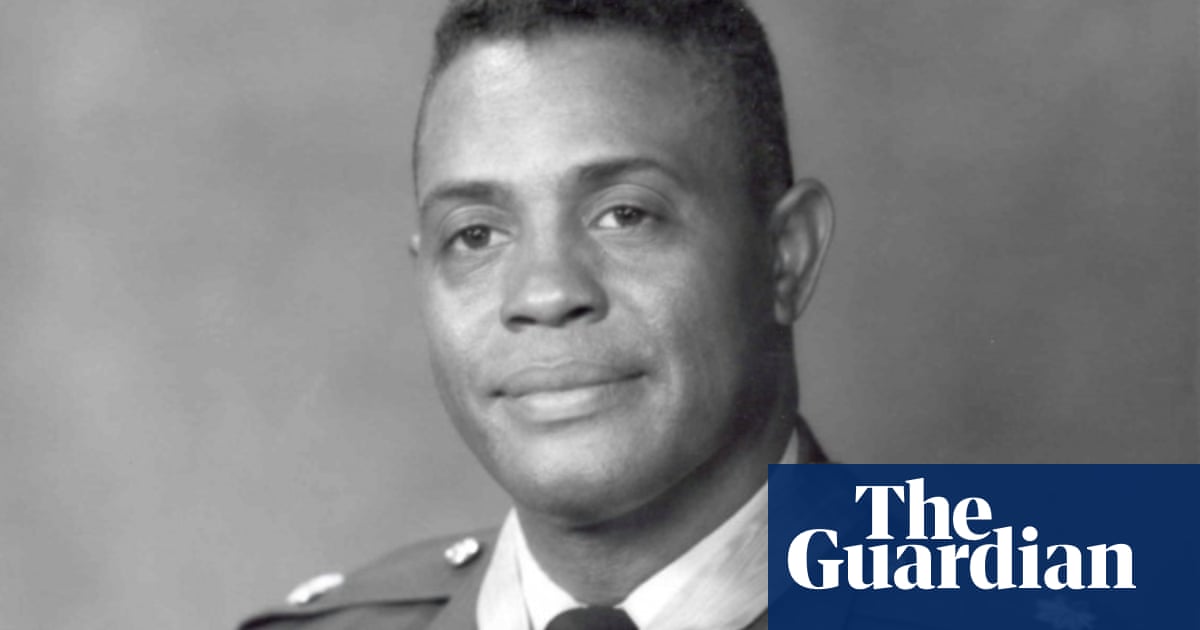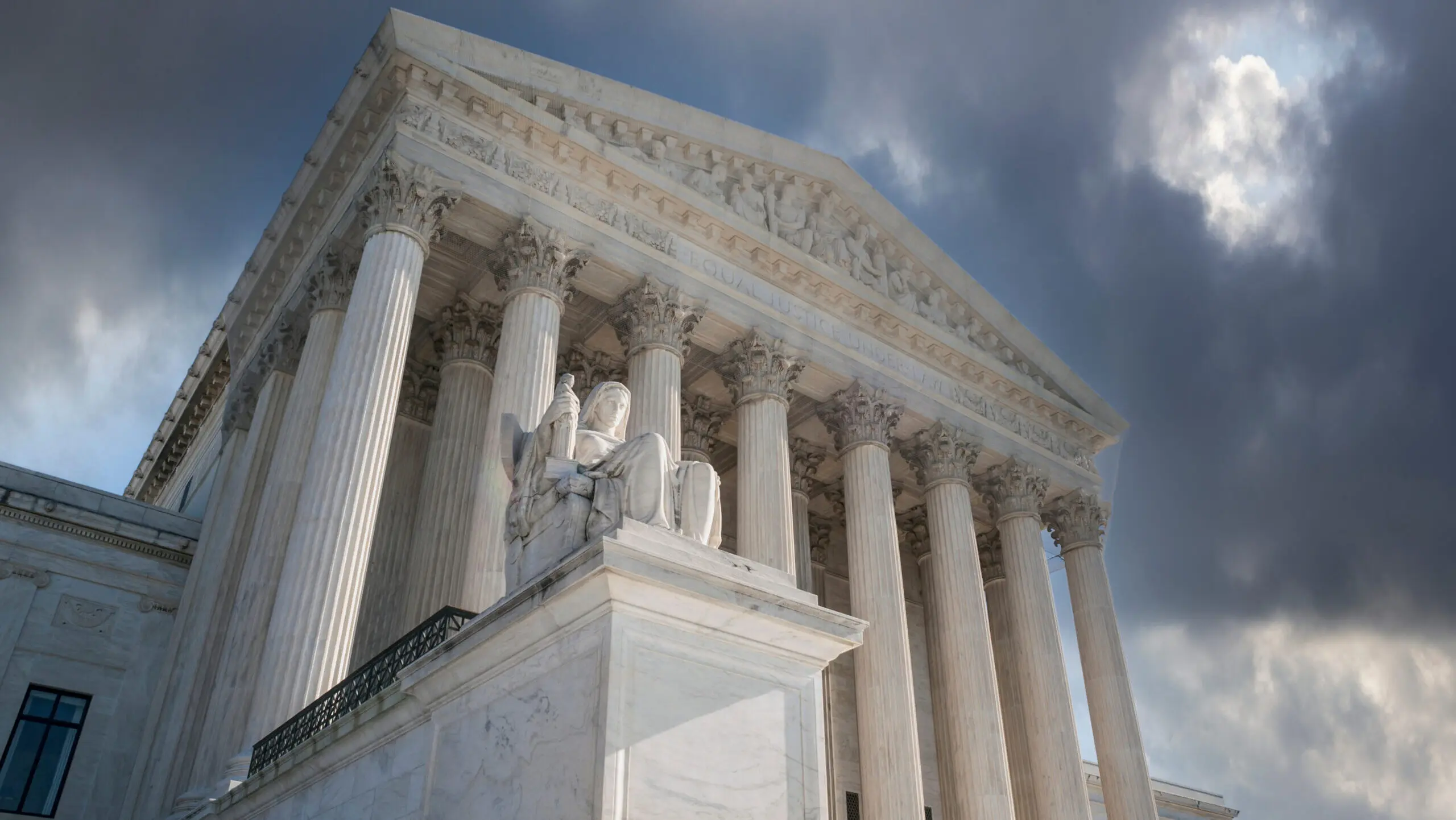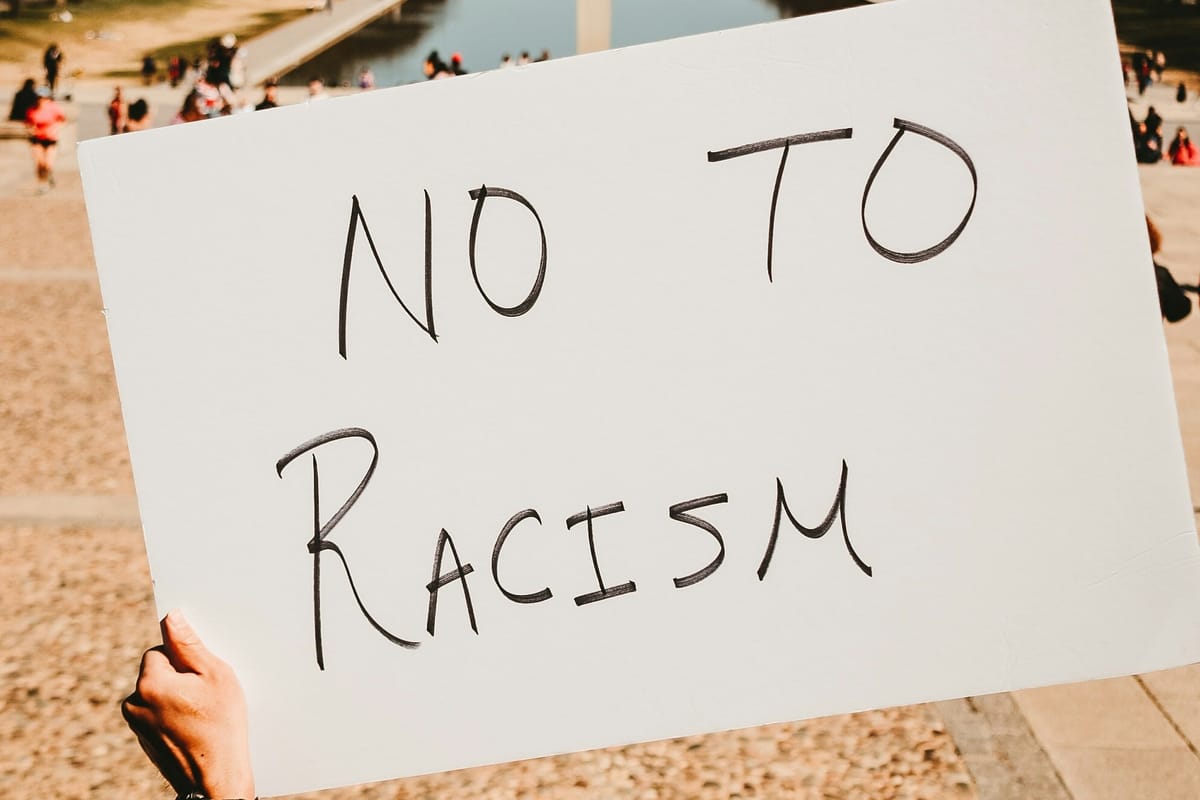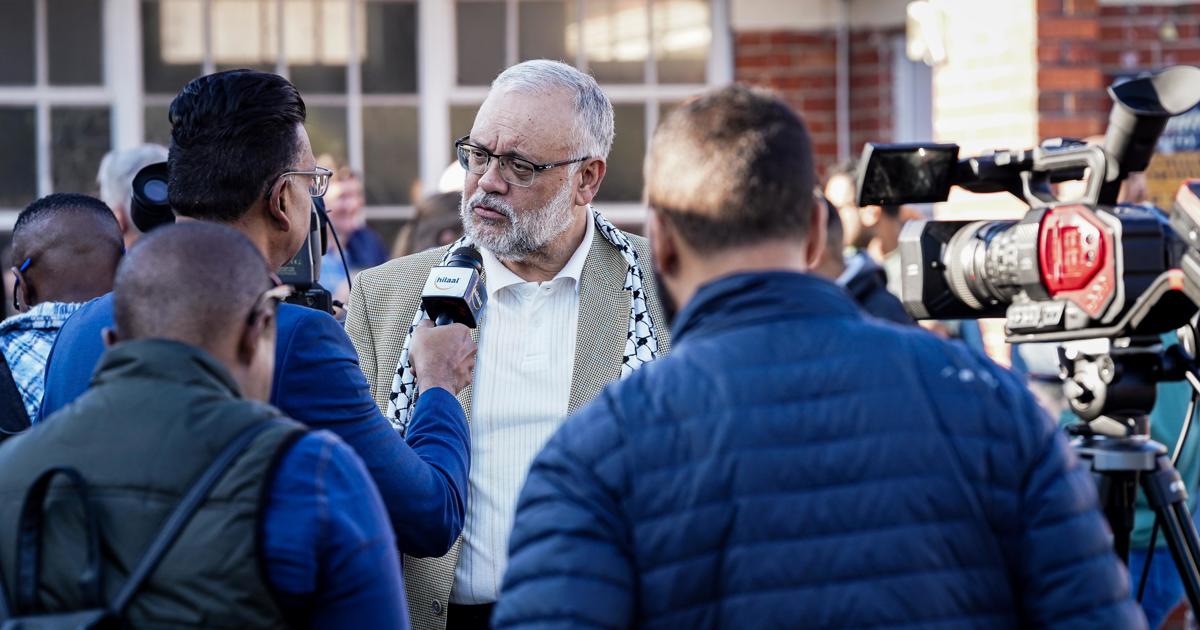- BlackVoter.Org
- Posts
- BlackVoter.Org
BlackVoter.Org


In a surprising turn of events, the U.S.
Department of Defense has removed the webpage dedicated to Maj Gen Charles Calvin Rogers, a Black Medal of Honor recipient who bravely served in the Vietnam War. His page, once celebrated for honoring his service and contributions, now leads to a "404 - Page Not Found" error.
The URL has been altered, with the addition of "DEI," signaling a shift in the military's approach amid the Trump administration's ongoing efforts to roll back diversity, equity, and inclusion initiatives across federal agencies. Rogers, who was awarded the Medal of Honor by President Nixon in 1970, was noted not just for his heroism but also for his advocacy for gender and racial equality during his military career.
The recent developments raise questions about the visibility of influential figures in a changing political landscape.

Arlington National Cemetery has stirred controversy by removing key content celebrating the contributions of Black and female veterans from its website. This change aligns with former President Donald Trump's initiative to dismantle Diversity, Equity, and Inclusion (DEI) programs.
Visitors can no longer access notable graves and biographical information about these service members, including the Tuskegee Airmen. Although a spokesperson assured the public that efforts are underway to restore the content, criticism is mounting, with lawmakers like Representative Adam Smith expressing deep concerns over the alleged censorship.
This is not the first time Arlington has faced backlash for similar removals; earlier this year, information about the Tuskegee Airmen was reinstated after public outcry. As a revered site of remembrance for nearly 400,000 service members, the cemetery's commitment to honor all who served remains crucial in this ongoing dialogue about representation in history.

The recent removal of the "Black Lives Matter" mural from its plaza near the White House has sent shockwaves through the social justice community. This bold yellow statement, which emerged in the wake of George Floyd's tragic murder, has now been erased, reflecting a troubling retreat for movements advocating racial equity.
The decision to dismantle the mural came after pressure from congressional Republicans, demonstrating a significant shift in the political landscape where conversations about racism and social justice have dwindled. Activists are left pondering what this means for their future, with some viewing the erasure as a painful indication that the fight is far from over.
Selwyn Jones, Floyd’s uncle, expressed the sentiment that the act is a deliberate dismissal of the movement and its significance. As the nation swings back to a conservative administration, the future of social justice efforts hangs precariously in the balance.

The looming Supreme Court case Louisiana v. Callais could reshape the interpretation of the Voting Rights Act, impacting future redistricting efforts.
The case reflects a contentious debate over racial gerrymandering after Louisiana saw its congressional map revised to include two Black majority districts, spurred by claims of ensuring fair representation. However, a coalition led by Alabama Attorney General Steve Marshall argues that this approach is unconstitutional, bolstering their case against perceived "race-based remedies.
" As the court prepares to hear oral arguments, the outcome may not only alter Louisiana’s political landscape but also set a precedent affecting districts nationwide—potentially empowering or undermining the voting power of diverse populations. Advocates warn that a weakening of Section 2 of the Voting Rights Act could lead to detrimental redistricting practices, undermining the progress for minority voters.
The implications of this case extend far beyond Louisiana, touching on the core of democratic representation in America.

Carol Moseley Braun made history as the first African-American woman to serve as a U.S.
Senator, representing Illinois from 1993 to 1999. Her election was a groundbreaking moment, signaling hope and change in a predominantly white male body.
With a focus on civil rights, education, and family issues, she was a tireless advocate for diversity and social justice in the Senate. Known for her moral conviction, she successfully challenged the renewal of a controversial Confederate flag patent and championed initiatives to support women and children.
After leaving the Senate, Braun continued her public service as U.S.
Ambassador to New Zealand and Samoa, and ventured into the private sector, even running for the Democratic presidential nomination in 2004. Her legacy is steeped in the battle for equality, making her an enduring symbol of progress and empowerment in American politics.

In a striking commentary, South African Ambassador Ebrahim Rasool called out systemic racism in the U.S.
, drawing parallels between America and South Africa's histories of oppression. While South Africa has long been critiqued for its apartheid past, Rasool’s remarks on the rise of white supremacism in America stirred backlash, leading Senator Marco Rubio to label him "persona non grata.
" The ambassador highlighted how the MAGA movement responds to shifting demographics, equating it to a fear of minority-majority shifts. He emphasized that racism is deeply rooted in both nations, critiquing American politicians who deny this reality.
With South Africa's recent Expropriation Act aimed at addressing land injustices, the article invites reflection on the broader implications of reparative measures, challenging the narrative surrounding racial dynamics not just in South Africa, but also within the United States, where denial continues to reign.

Tension is brewing within South Africa's Government of National Unity (GNU) following the controversial expulsion of Ambassador Ebrahim Rasool by US Secretary of State Marco Rubio. Accused of race-baiting and harboring anti-American sentiments, Rasool's comments on President Trump’s “Make America Great Again” campaign sparked outrage and backlash.
Parties in the GNU are divided: the Democratic Alliance (DA) expressed concern over Rasool's remarks, calling for diplomatic efforts to mend relations, while the Freedom Front Plus accused him of reflecting the ANC's negative stance toward the US. On the other hand, Al Jama-ah denounced the expulsion as Islamophobic.
Meanwhile, whispers of Joel Pollak, a controversial figure linked to the Trump administration, possibly becoming the next US ambassador, have the Economic Freedom Fighters (EFF) urging President Cyril Ramaphosa to block his appointment. A diplomatic storm is brewing as South Africa navigates its relationship with one of its key allies.
